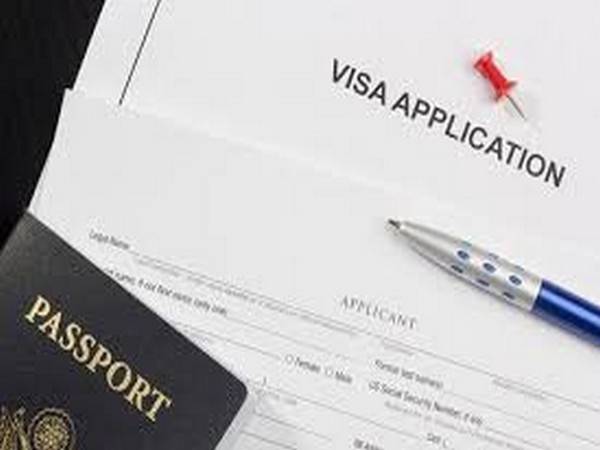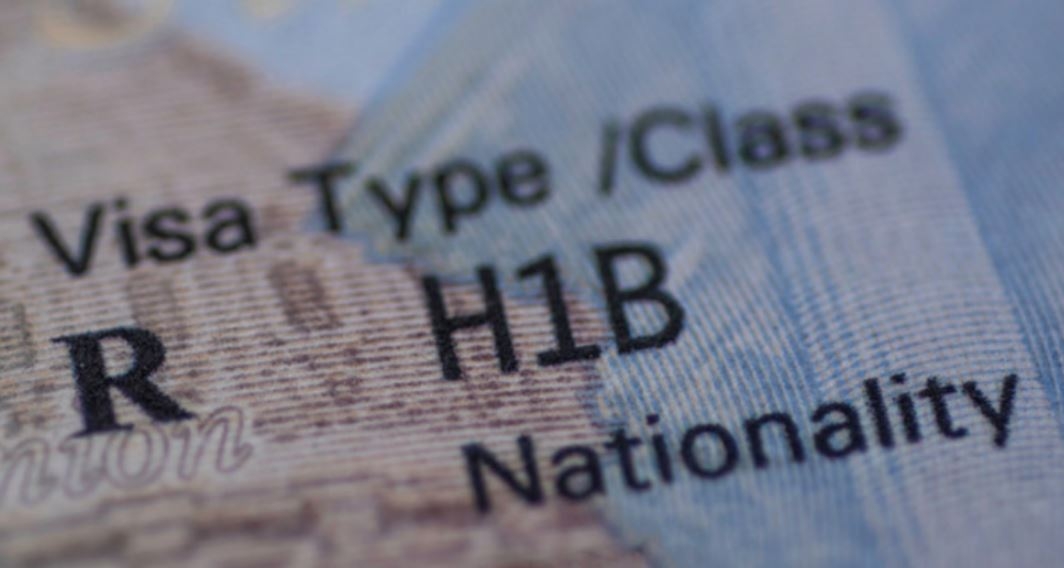USCIS said that it would use a random selection process to pick the additional registrations from among the electronic submissions it had already received…reports Asian Lite News
A second round of random lottery selection for the much sought-after H-1B visas for 2024 will soon begin after “additional registrations” were found to be needed to achieve the numerical allocations for the fiscal year, the U.S. federal immigration agency has announced. The move could benefit more Indian professionals.
The U.S. Citizenship and Immigration Services (USCIS) said on July 27 that it would use a random selection process to pick the additional registrations from among the electronic submissions it had already received.
In March, the USCIS conducted an initial random selection of properly submitted electronic registrations for the fiscal year (FY) 2024 H-1B cap, including for beneficiaries eligible for the advanced degree exemption.
Only those petitioners with selected registrations for FY 2024 are eligible to file H-1B cap-subject petitions. The initial filing period for those with selected registrations for FY 2024 was from April 1, 2023, through June 30, 2023.
The H-1B visa is a non-immigrant visa that allows U.S. companies to employ foreign workers in speciality occupations that require theoretical or technical expertise. Technology companies depend on it to hire tens of thousands of employees each year from countries like India and China.
“We recently determined that we would need to select additional registrations to reach the FY 2024 numerical allocations. Soon, we will select additional registrations from previously submitted electronic registrations using a random selection process,” the USCIS said in a statement.

“We will announce once we have completed this second selection process and have notified all prospective petitioners with selected registrations from this round of selection that they are eligible to file an H-1B cap-subject petition for the beneficiary named in the applicable selected registration,” the statement said.
“Those with selected registrations will have their accounts updated to include a selection notice, which includes details of when and where to file,” it added.
As mandated by Congress, the USCIS can issue a maximum of 65,000 H-1B visas in a year. It can also issue another 20,000 H-1B visas to foreign students who have completed higher studies from a U.S. university in Science, Technology, Engineering and Mathematics (STEM) subjects.
Meanwhile, the pilot program for renewing temporary work visas in the US, that will provide relief to countless Indian workers on H-1B visas, has been welcomed by an Indian community in the country.
“I am honoured and happy to see this announcement by the White House Joint Statement and Prime Minister (Narendra) Modi himself making an announcement. The H1B restamping in the USA will bring relief to over one million people on H1B,” Ajay Bhutoria, a Silicon Valley technology executive, community leader, speaker and author, said in a statement.
“The successful implementation of in-country H1B visa stamping renewal represents a crucial step toward creating a more efficient and humane immigration system. The alleviation of financial and emotional burdens for legal immigrants and their families signifies progress in ensuring a more inclusive and welcoming society,” it said.
Bhutoria is a prominent advocate for immigration issues and in 2021, Biden had announced his intent to appoint him on the President’s Advisory Commissioner on AANHPI (Asian American, Native Hawaiian, and Pacific Islander) Commission.
During the US India Summit hosted by Bhutoria in Milpitas, California, State Department Deputy Assistant Secretary Nancy Jackson made an important announcement regarding a pilot program. This announcement further emphasised the significance and impact of the individual’s advocacy.
The Joint Statement issued during Indian Prime Minister Modi’s State Visit last month also highlighted the announcement by the State Department. The leaders, President Biden and Prime Minister Modi, welcomed the news that the State Department would initiate a pilot program to process domestic renewals of certain petition-based temporary work visas later in the year.
This pilot program would initially include Indian nationals and aimed to expand in 2024 to encompass a broader pool of H-1B and L visa holders. The program’s ultimate goal is to include other eligible categories as well.
The H-1B visa is highly sought after, as it enables US companies, particularly in the technology sector, to employ foreign workers with specialized skills and knowledge in theoretical or technical fields, often recruiting individuals from countries like India and China.
During Prime Minister Narendra Modi’s visit to the United States earlier this month, the Biden administration agreed to facilitate the residence and employment of Indians in the country.
Under the new regulations, a select group of Indian and other foreign workers on H-1B visas will be able to renew their visas within the United States, eliminating the need to travel abroad. This endeavour is currently being treated as a pilot program with the potential for expansion in the future.
According to government data, Indian citizens constitute the majority of H-1B visa holders, accounting for 73% of the nearly 442,000 H-1B workers in the 2022 fiscal year.

Leave a Reply